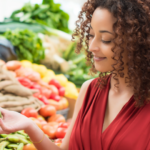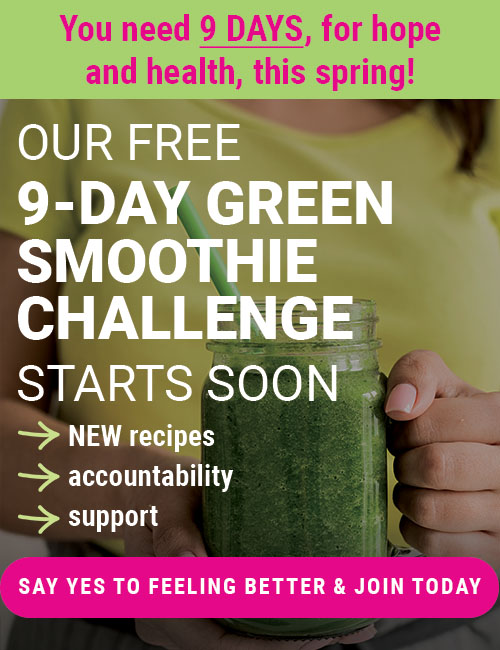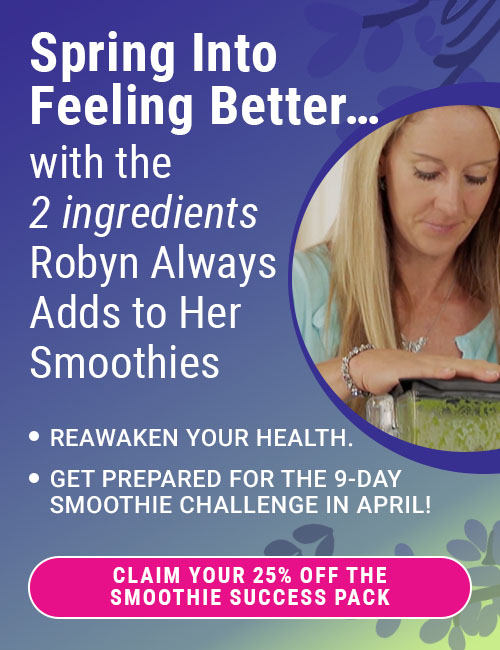What Should I Buy Organic, and What Isn’t Such a Big Deal?
You’ve heard of the “dirty dozen,” the fruits and vegetables that test highest for pesticide sprays. Top of the list is PEACHES. My suggestion? Plant a peach tree! I have three. Here are the others in the top 12 to buy organic or grow yourself, wherever possible:
Peaches
Apples
Bell Peppers
Celery
Nectarines
Strawberries
Cherries
Kale
Lettuce
Grapes
Carrots
Pears
Spinach has moved down on the list, out of the top 12, which is nice. Sometimes I get taken to task by those who buy ONLY organic produce for not being a purist on that topic.
Here’s what I have to say about that: if you can afford to buy all organic, that’s EXCELLENT, go for it! But I am above all trying to bridge the gap here for the majority in the middle, who have to balance health concerns with budget restraints. I always say, remember (a) that animal protein and processed food have higher pesticide concentrations than conventional produce, and (b) almost all the studies documenting the powerful effects of fruits/vegs in our diet were done using CONVENTIONAL produce. Therefore (c) don’t avoid eating produce (and eat something else) because you are afraid it may not be organic, but (d) wash your conventional produce well using a good fruit/veg wash.
Here’s the bottom 12 of the produce ranked by the Environmental Working Group examining 87,000 studies by the FDA and USDA between 2000 and 2007. These would be produce I would feel more comfortable about buying conventional and washing well:
Broccoli
Watermelon
Papaya
Eggplant
Cabbage
Kiwi
Sweet peas (frozen)
Asparagus
Mango
Pineapple
Corn (frozen)
Avocado
Onions
Interestingly, tomatoes didn’t make my “Safe Dozen” list, but if I’d made a “Safe 13,” it would be on the list.
May I make another summertime suggestion: when you cut up your melons, rinse the flesh before cutting it up, because the knife slices through the pesticide-coated rind, and those chemicals end up on your fruit.
Posted in: Detox, Eco Friendly Living, Lifestyle, Whole Food













